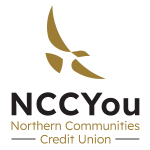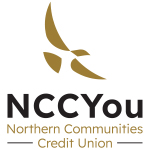Your NCCYou Fraud Information
We are here to help keep you and your finances safe!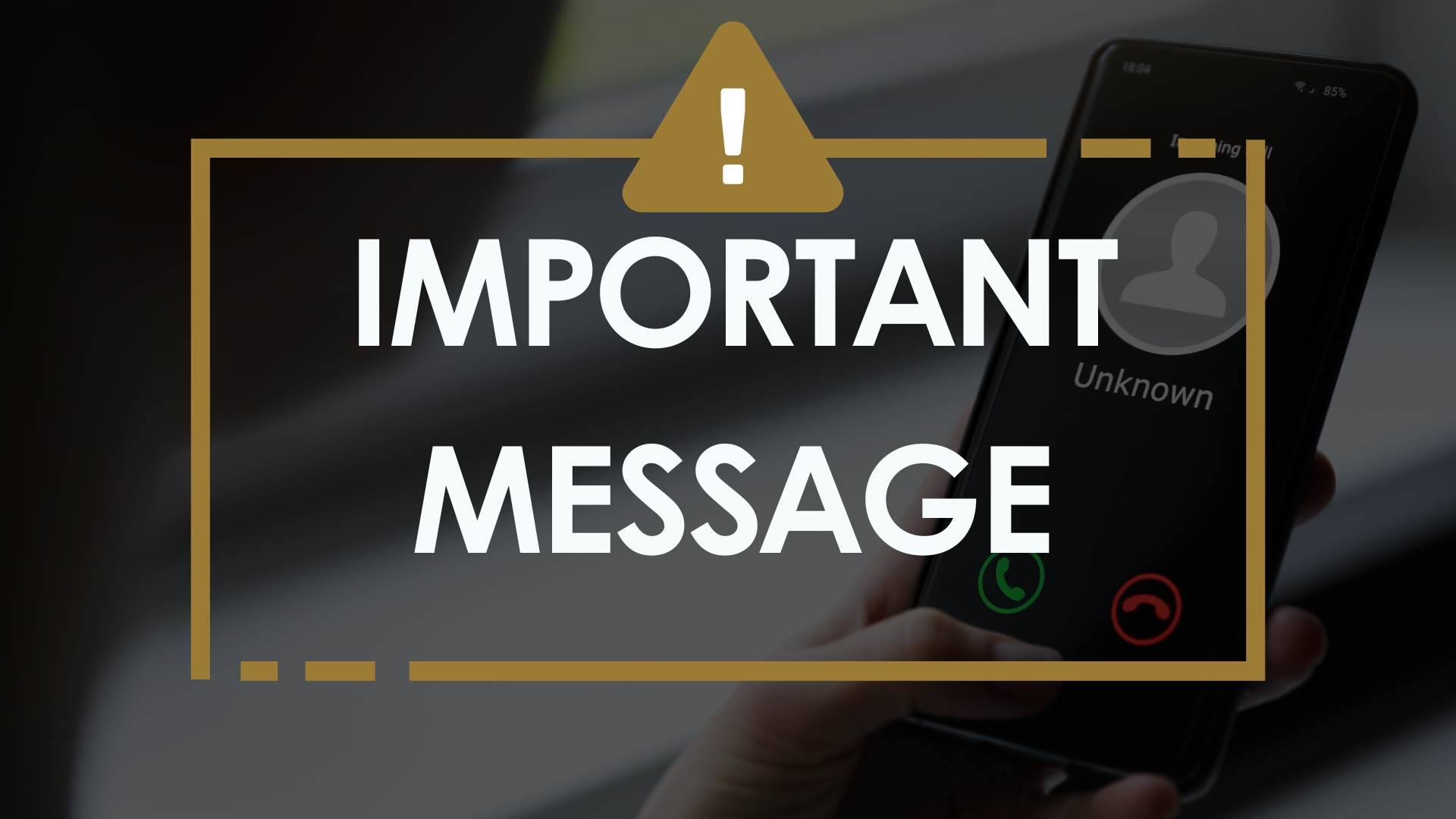
Recent Scam Alert 11/13/25 - Be Aware!
Recently, two of our members fell victim to a scam. A person claiming to be from our fraud department called them and instructed them to download an app, which gave the fraudster access to their online banking. Once they had access to the member’s phone, the fraudster guided them on how to transfer money between their accounts and also instructed them to make a wire transfer. If you receive a call about this scam, please direct the caller to us.
To Our Members
Important Message
Be Aware of "Advance-Free Loan Scams"
These scams target people by promising easy access to loans, regardless of their credit history, if they pay an upfront fee first. The scammer may claim the advance is for “processing,” “insurance,” or “paperwork,” but after paying, victims never receive any loans or refund, and the scammer disappears.
What to watch out for:
Guaranteed loan approval before you aply or without a credit check is a red flag
Request for advance payments, especially via wire transfer, are scam signals
Scammers often apply pressure, urging quick decisions with phrases like “limited time offer”.
Apparently, the scammer often buys marketing lists of people who have applied or searched for payday loans and will then call, text, mail, or target you via social media ads. They also impersonate the names of reputable financial institutions!
The main takeaway is that no trustworthy lender will ever ask you to pay an upfront fee prior to
applying or receiving funds to a loan.
Learn more about this scam here: Advance-fee loan scams: What they are & how to protect yourself
Google Confirms Breach 8-29-25
Recent articles confirm that Google has been the victim of a successful hack, resulting in the exposure of passwords and personal information for 2.5 billion users.
What should you do?
Google recommends that everyone change their Gmail account passwords and enable Multi-Factor Authentication (MFA) using tools such as Microsoft Authenticator, which is free to use.
While no actions have been taken with the exposed information yet, there are concerns that the hacking group may leak these passwords to other hackers. This could increase the likelihood of attempts to access your accounts.
FinTech Proves Too Good To Be True
The growth of digital banking and real-time payments has introduced new vulnerabilities, making advanced fraud detection and strategic partnerships essential. By raising awareness of fintech developments, credit unions empower members to recognize and avoid fraud while ensuring their financial information remains secure.
Read the recent article on: Americans who invested in FinTech
Six of the most common Scams by strangers (click each one to expand).
Information provided in the FS-ISAC Newsletter.
1. Lottery/Sweepstakes Prize:
Notification of a lottery or sweepstakes prize for a contest you didn’t enter.
2. Home Repairs:
Unsolicited offer to do home repair such as inspections, roofing, driveway repair, etc.
3. Family Emergency:
Message that a family member has been in an accident or is in jail and urgently needs funds.
4. Fake Charity:
Solicitation of money for a non-existent charity.
5. Soliciting Telemarketer:
Intimidating telemarketing call demanding money, gift cards, or bank account numbers.
6. Fake Wire Transfer:
Wire transfer fund request.
Five of the most common Scams by Care Givers (click each one to expand).
Information provided in the FS-ISAC Newsletter.
1. Power of Attorney:
Inappropriate power of attorney request for oversight of financial and physical assets.
2. Co-signers:
Addition of co-signers to a bank account, used primarily by the co-signer.
3. ATM usage:
Unauthorized use of ATM cards to withdraw funds from the victim’s account.
4. Abuse:
Threats of or actual physical and mental abuse to obtain money.
5. Exploitation:
Exploitation of vulnerabilities by in-home care providers — i.e., demands for money to perform tasks, falsified timesheets, failure to perform duties, theft.
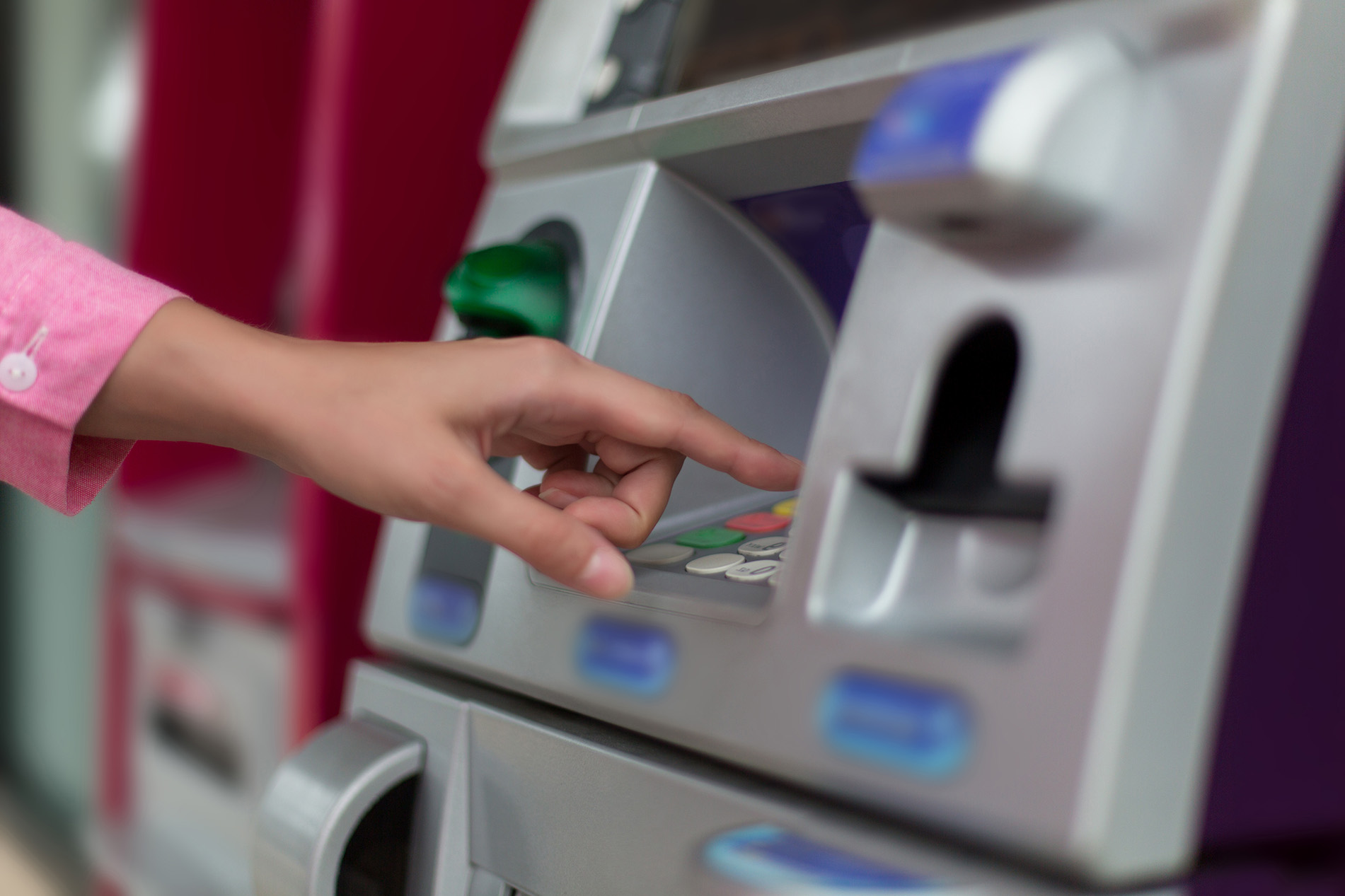
Recent Card Skimming Incidents (Duluth area)
We are aware of the recent reports of card skimming incidents in the Duluth area and take this matter very seriously. We want to assure all our members that we proactively monitor our ATMs to safeguard against these threats.
Card skimming is a growing concern that can jeopardize your financial security. To help you stay safe, follow these essential precautions:
- Monitor Your Accounts: Check your accounts regularly and set up alerts for any unusual activity without delay.
- Inspect Card Readers: Always inspect card readers before use. Look for loose parts or any signs of tampering.
- Report Suspicious Devices: If you encounter anything that seems off, do not hesitate to notify NCCYou and the authorities immediately.
NCCYou provides valuable services to empower our members to protect their identity effectively. Learn more ways how we keep our members safe:
CardNav
ID Guard Checking
Stay vigilant and take charge of your financial security! For more tips, visit the Skimming page on the FBI website
Unsolicited Mail
We have received several inquiries regarding unsolicited mail offering home warranties and various other products. Please be advised that NCCYou does not engage in any such solicitation. However, because we are listed on the mortgage records, it may appear that we are sending out this marketing literature.
Why did I receive this?
Unfortunately, various companies search through County Recorder listings for newly recorded mortgages, which is public information they can use to target individuals. Given the decline in mortgage business over the past year, it seems these companies have also begun to scour historical recordings.
Please understand that this is not from NCCYou, so please disregard it or conduct your own research if you are interested.
As always, if you are ever in question about the legitimacy of communication from NCCYou, please reach out to us for validation.
If your VISA Debit or Credit Card is lost or stolen:
Calling from within the US: 888-241-2510
Calling from outside the US: 909-941-1398
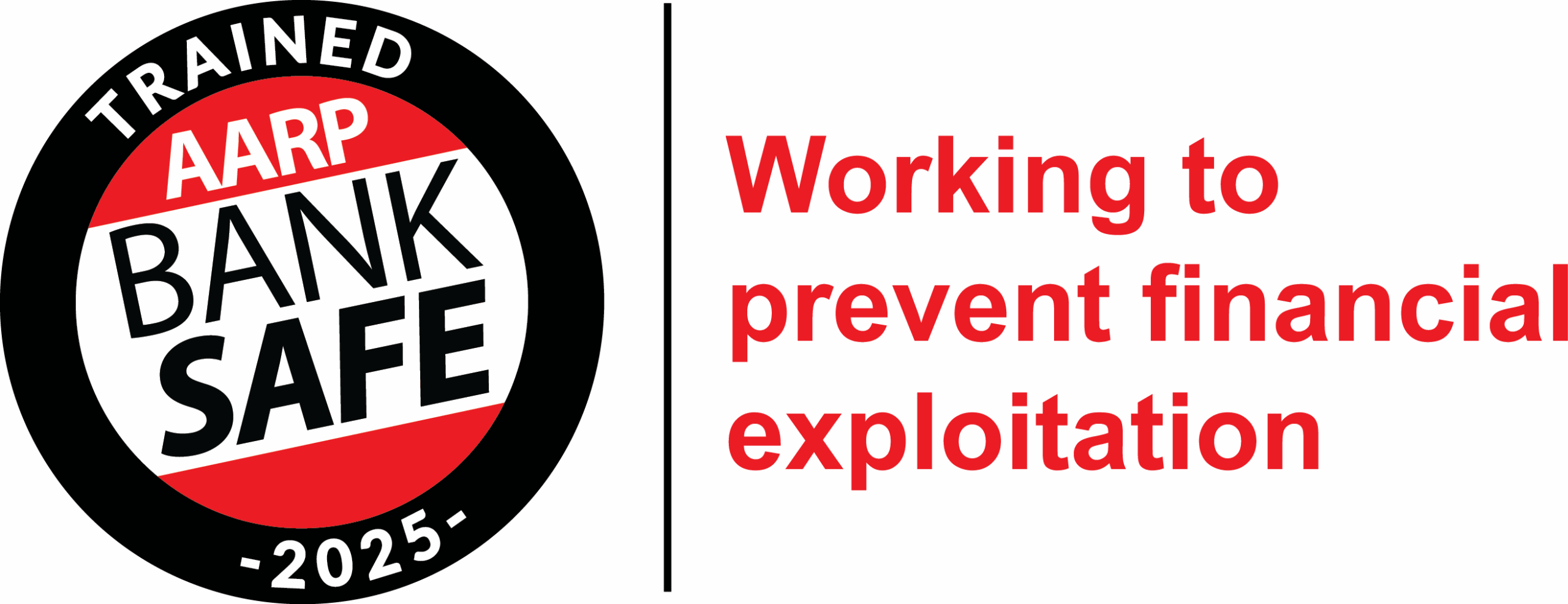
BankSafe™ Trained Seal from AARP
We are proud to be recognized for our commitment to fighting exploitation. As part of the BankSafe program, NCCYou has received AARP verification, with at least 80% of our frontline staff successfully completing the BankSafe training and implementing a financial exploitation escalation reporting policy.
Learn more about Fraud and Scams in our Online Courses

Elder Fraud Prevention
45 minutes

Identity Theft
24 minutes
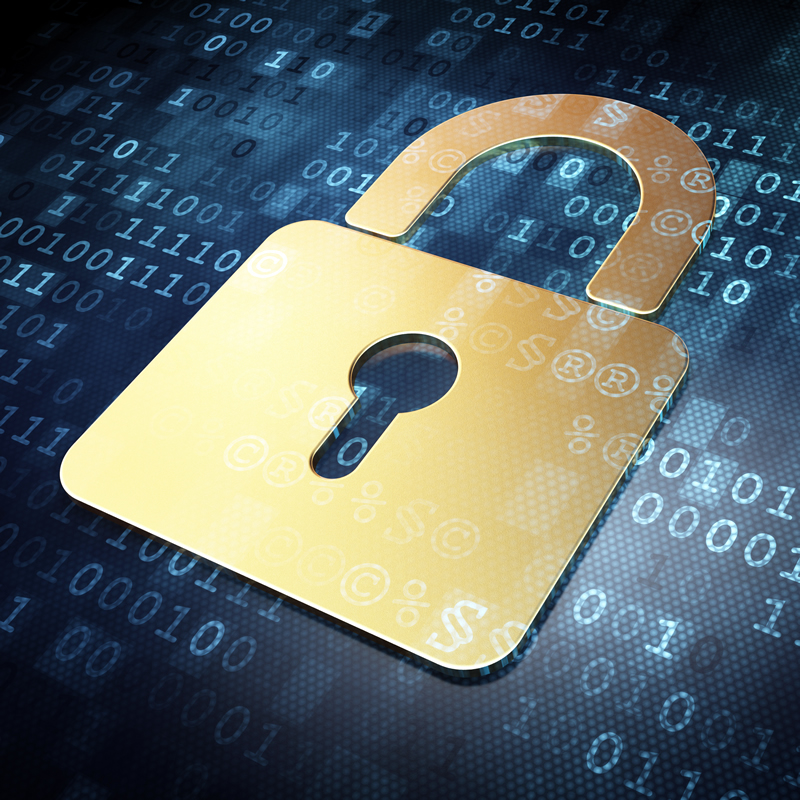
Protecting Your Identity
12 minutes
